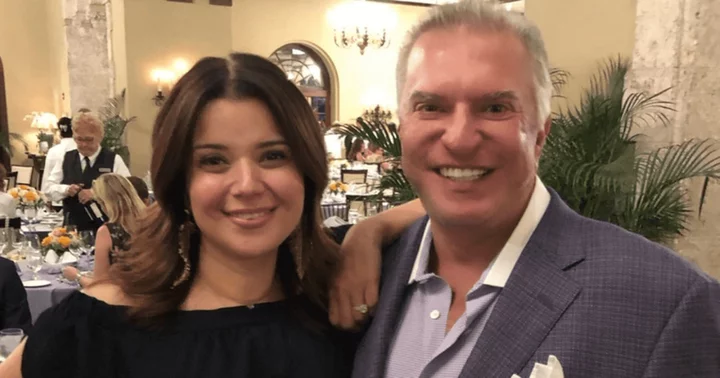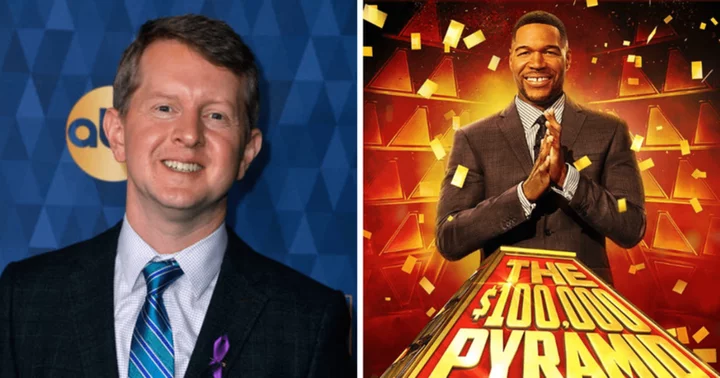A federal judge handed down a rare and alarming court decision this week that could have significant implications for the free press in America.
Judge Christopher Cooper, of the US District Court for the District of Columbia, issued a ruling to compel CBS News senior correspondent Catherine Herridge to participate in a deposition regarding the identity of a confidential source or sources she used for a series of 2017 stories published while she worked at Fox News.
The order came as a result of a lawsuit filed by Chinese American scientist Yanping Chen against the Federal Bureau of Investigation. Citing documents reviewed by Fox News, Herridge reported that Chen was the subject of a federal counterintelligence probe. Chen has alleged that federal authorities improperly leaked information about her, violating the Privacy Act.
In an effort to prove her case, Chen subpoenaed Herridge and Fox News, with the hope of unmasking the source(s) for the stories. Fox News and Herridge have aggressively fought the move, arguing that Cooper should quash the subpoenas because of First Amendment protections afforded to the press.
But Cooper disagreed with Fox News and Herridge in his Tuesday decision.
"The Court recognizes both the vital importance of a free press and the critical role that confidential sources play in the work of investigative journalists like Herridge," Cooper wrote in the ruling. "But applying the binding case law of this Circuit, the Court concludes that Chen's need for the requested evidence overcomes Herridge's qualified First Amendment privilege in this case."
Cooper was appointed to the bench by Barack Obama, while Herridge and Fox News are being represented by Patrick Philbin, who served as deputy White House counsel under Donald Trump. Both former administrations were known for their aggressive hunting of leakers.
The judge limited Chen's subpoena to a deposition, for now. However, it's unclear whether Herridge and/or Fox News will comply with the order.
Representatives for Herridge, Fox News, and CBS News did not comment when I sent them inquiries.
But Cooper's decision has alarmed press advocates, who worry that it might set a chilling precedent impacting the entire news media.
"Investigative journalism cannot function without credible assurances of confidentiality to sources," Gabe Rottman, a director at the Reporters Committee for Freedom of the Press, told me. "While the Privacy Act provides essential protections for the public, using it to breach reporter-source confidentiality poses significant risks to a free press."
Ted Boutrous, a prominent First Amendment attorney who has represented CNN in previous cases, said he believed Cooper got the decision wrong.
"This is a careful and thoughtful ruling," Boutrous said, "but in my view it strikes an incorrect balance between the plaintiff's need for the information and the First Amendment interests at stake and creates disturbing problems for other journalists in the future who are reporting on federal government investigations and important issues of public concern relating to them."
The case has renewed calls for Congress to pass legislation offering federal protections to journalists. In June, a bipartisan group of lawmakers reintroduced the Protect Reporters from Exploitive State Spying Act, or as it is more commonly known, the PRESS Act. The legislation would offer important safeguards to journalists, including preventing the government from compelling reporters to disclose their sources.
"Requiring journalists to reveal their confidential sources deters whistleblowers and others from coming forward, meaning the public has less access to information," Caitlin Vogus, deputy director of advocacy at Freedom of the Press Foundation, told me Wednesday. "The court's decision in the Herridge case shows the limits of current protections for journalists and sources."
"We need a federal shield law to make clear that reporters can't be forced to burn their sources," Vogus added. "The bipartisan PRESS Act, which is currently pending in Congress, would ban compelled disclosure of journalists' sources and protect reporters from other surveillance. Putting a reporter's shield into federal law is essential to protect journalists, sources, and the public's right to know."









